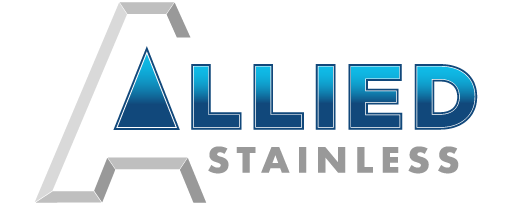We’ve all heard that being NSF certified is important, but what does it really mean?
Primary applications of NSF-Certified sinks are Food Service Industries such as restaurants, food processing plants, etc., as well as many Laboratory applications where bacteria must be removed after use.
For stainless steel sinks, the construction of an NSF-Certified sink means that the INTERIOR corners of the bowl are rounded to allow thorough removal of all bacteria when cleaning and there is also a tapering of the bottom of the sink TOWARDS the drain.
A Non-NSF sink will have square corners with a flat bottom. In most construction of Non-NSF sinks you WILL be able to see weld-beads in the bowls interior corner joints. These sinks are primarily used as utility sinks, laundry sinks or “slop” sinks.
The National Sanitation Foundation testing programs require companies to comply with the strict standards to improve the safety and cleanliness in commercial kitchens and laboratories.
Most importantly for you, NSF Certification is not a one-time activity. They do not just test a single model of a product and give it an okay. The certification programs require regular on-site inspections of the manufacturing facilities. In addition, certified products are periodically re-tested against the requirements of the most current version of the applicable national standard. If for any reason a product fails to meet one or more of the certification criteria, they will take whatever enforcement actions necessary to protect the public,including product recall, public notification, or de-certification.
Credibility is what NSF Certification is all about.
The NSF uses the terms “certified” or “listed” in connection with a product, good, component, system, material, compound or ingredient (“Product”). A Product that is certified or listed means that the NSF: (1) reviewed the Product, most often through a sampling of the Product; (2) determined at the time of the review that the Product complies with the relevant NSF consensus standard and/or protocol (“Standard”); and (3) conducted or will conduct (as more specifically set forth in the Standard) periodic auditsto review whether the Product continues to comply with the Standard. After the NSF certifies or lists the Product, the NSF authorizes the manufacturer of the Product to use the NSF Mark on or in connection with the sale, use or distribution of that Product. The NSF Mark conveys that an independent, third-party organization (NSF) has determined that the Product complies with the relevant Standard.
